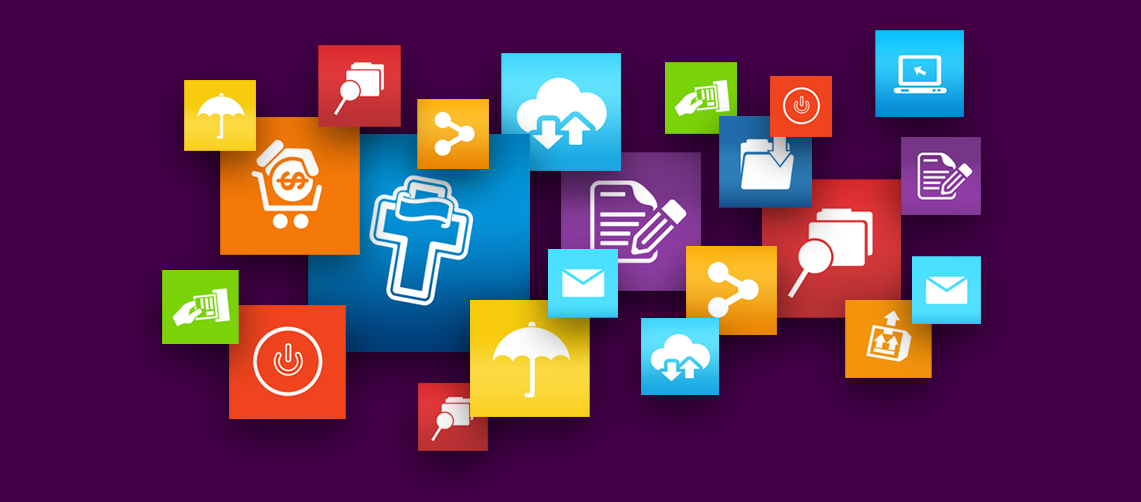Assessing Security Features of Drupal, Joomla, and WordPress

In terms of popularity among users across the globe, Joomla, Drupal, and WordPress are the most sought after Content Management Systems. The CMS contributes to the structural stability of the World Wide Web by building vital components for all websites.
As hackers thrive on loopholes and vulnerabilities in Content Management Systems, one needs to assess the level of preparedness in the face of an impending attack by cyber criminals. In fact, the popularity of CMS is directly proportional to its vulnerability to cyber attacks.
It is hardly surprising as to why the developers of Content Management Systems pay significant attention to securing these systems in the wake of perpetually existing online threats. Open source communities back the development of Content Management Systems, which is a feature they all share.
These solutions rely on add-ons as well as extensions to support core code to facilitate additional attributes. Every CMS solution has a unique approach as far as the security of the system is concerned. Although these platforms differ from each other in terms of security features, they share a common scripting language in addition to sharing conventional database management systems.
We take a look at the major security aspects that influence the use of three of the most popular content management systems.
WordPress
The popularity of CMS breeds hacking attempts. This statement aptly explains why WordPress is the most vulnerable CMS option. To further add to vulnerability of WordPress, there is a severe dearth of experts in the security team that includes a measly number of 25 engineers for the millions and millions of websites running on WordPress CMS.
The most important issue impacts boosts vulnerability of CMS platforms to hacking attempts is the presence of entry points that exist due to a large number of extensions and plug-ins that belong to third parties. More than 55 percent of WordPress vulnerabilities can be traced back to these entry points.
In spite of the fact that members of paid WordPress services are provided special attention, the threat of online attacks still persists. VIP clients of paid WordPress hosting are looked after by team of security experts that undertake through review of code to identify weak areas.
In addition to this the experts are also able to provide valuable guidance to mitigate maintenance related expenditure and chances of major disrupting events. Users will also receive valuable guidance regarding best practices and measures to update their platforms to keep hackers at bay.
Joomla
The only hardcore Content Management System among all major solutions discussed in this article, Joomla CMS, presents a steep learning curve due to its inherent complexities. Joomla is not meant for users who are looking for DYI solutions.
Joomla hosting provides a large volume of documents that instigate users to rely less on the system and perform special tasks to enhance security of their CMS platform. While configuring Joomla, there is always a possibility of creating loopholes despite its core being designed to be seamlessly secure.
Joomla provides a huge assortment of information to step up security measures and thus makes up for the excruciatingly inadequate security teams that include only thirteen personnel.
Drupal
Drupal’s seriousness regarding security of its platform reflects in its dedicated server hosting team of security professionals that comprises of developers who volunteer their expertise in securing the complex and huge volumes of content being handled by tech savvy users of Drupal Content Management System.
Large government and mission critical sites rely on Drupal CM for their security, making it clear that Drupal CM’s security credentials are robust. Major organizations consider Drupal to establish their online applications due to its capability of facilitating the management of critical data online. The majority of security experts and consultants to government organizations are unanimous about the security attributes of Drupal CMS hosting platform.
Drupal is the most scalable platform as compared with Joomla and WordPress CMS platforms and this establishes it as the perfect solution for large and complex sites that can be further expanded to accommodate larger volumes of information. Drupal allows seamless management of online information.
Statistical overview
The team of Drupal CMS has been successful in mitigation of vulnerabilities that were as high as 75 in the year 2008. In comparison to this, the latest figures put the total vulnerabilities in the last two years to just 29. This underlines the string will to keep vulnerabilities under control.
Cross-site scripting has caused most of the vulnerabilities in WordPress as well as Joomla CMS. On the other hand, Joomla has been dealing more with attacks of SQL injection as well as flaws in the execution of codes.
In conclusion
After studying the nature and incidence of vulnerabilities, one can conclude that Drupal is a far more reliable Content Management System as compared with Joomla or WordPress.





